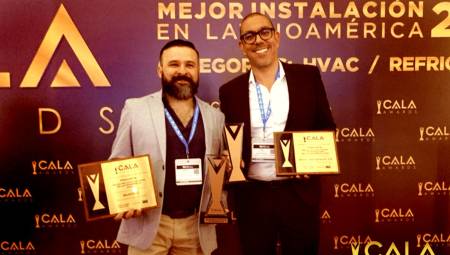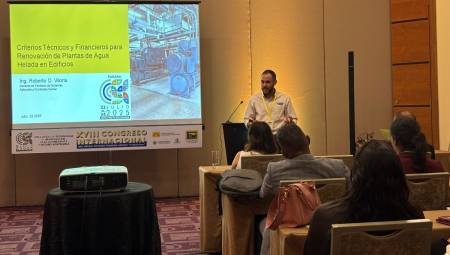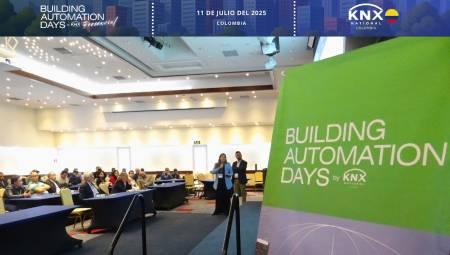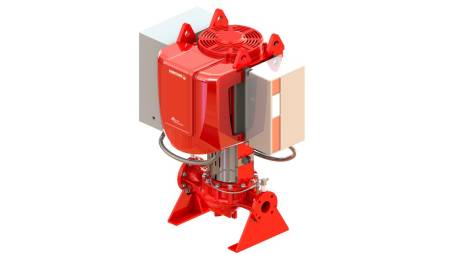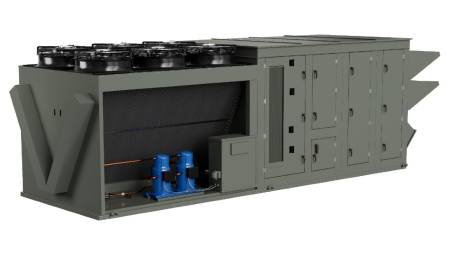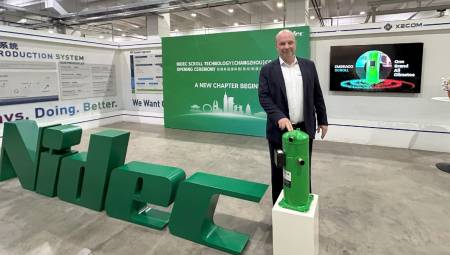Yesterday was a historic day in Brazil, and the end of an era for President Lula da Silva, whose leadership over the past eight years has made Brazil one of the fastest developing countries in the world, as well as a nation at the forefront of environmental policy. Taking Lula's place to become the country's first female president, the trained economist and former Marxist rebel, Dilma Rousseff, has pledged to help Brazil become "one of the most developed and least unequal nations in the world." But, with developmentalism and environmentalism so often at odds, it is important to note that Brazil's president stands at the intersection of these important and dynamic issues.
While Brazil has been a major player in Latin America since its founding, the nation's current experiment with democratic politics, so far, has been relatively brief. After decades of dictatorships, in which the shadow of financial transactions and corruption perpetuate generated great social disparity and a virtually paralyzed economy, Brazil held its first free elections in 1985 – although the remnants of the old system continue to hinder its development.
In 2003, with the election of Lula da Silva, the country began a profound transformation. Economic reforms began to address Brazil's external and internal debt, address the problems of poverty and social justice, put the country on a firm economic footing and, finally, fight for a responsible environmental policy – the latter being hailed as one of the most progressive in the world.
President Lula, a member of the Workers' Party, was the first to rise from the ranks of the working class. The humility of his education helped shape his political ambitions and instill the need for greater economic and social equality. During his tenure, some 20 million Brazilians were rescued from the clutches of poverty.
With Lula's personal history, contributing significantly to his vision for the future of Brazil, he chose to surround himself with a cabinet composed of equally passionate Ministers. As his energy minister, Lula appointed Dilma Rousseff, who was no stranger to hardship and mistreatment. Under the military dictatorship in the 1970s, he was sentenced to two years in prison for his opposition in which he allegedly suffered torture at the hands of his capture.
As his environment minister, Lula selected another ambitious social activist and staunch environmentalist, Marina Silva. It is from within their respective positions in Lula's government that Dilma and Silva first came into conflict – with the age-old inclination toward an industrialization program that called for development through infrastructure projects, the likes of those who have called the wrath of environmentalists around the world. In the end, Dilma's voice won. Eventually, Silva resigned and Dilma was promoted to Chief of Staff.
As the end of his term approached, Lula rode a huge wave of popularity for his moderate and progressive approach to development. Despite generating some disappointment among the most ardent environmentalists for not making nature preservation their highest priority, Lula's success in declaring bold targets in reducing greenhouse gases and reducing deforestation rates in the Amazon to historic lows and nonetheless stayed at the top of the list when it comes to eco-conscious world leaders.
At the end of his term, and with an approval rating of 90 percent, Lula backed his longtime adviser, Dilma Rousseff, for president. With that support, he quickly reached the top of the list of candidates, promising to continue in lula's tradition. Throughout her campaign, Dilma's platform was based on continuous development with hardly a mention of environmental policy.
Marina Silva, as a candidate for the Green Party, the only one running on an environmentalism platform, made an offer for the presidency, too.
With her speech to Brazil and the world after her inauguration, Dilma spoke praisefully of her predecessor and the nation that "crossed to the other shore" in terms of economic and social development. Near the end of his speech, he offered his vision of environmental goals:
My Dear Brazilians,
I believe that Brazil has a sacred mission to show the world that it is possible for a country to grow rapidly without destroying the environment.
We are and will continue to be the world champions in clean energy, a country that will always know how to grow in a healthy and balanced way.
Ethanol and hydropower sources will receive a big boost, as well as alternative sources: biomass, wind and solar energy. Brazil will continue to give priority to the preservation of nature reserves and forests.
Our environmental policy will benefit our action in multilateral forums. But Brazil will not allow its environmental performance to be conditioned by the success and compliance, by third parties, with international agreements.
Defending the planet's environmental balance is one of our most universal national commitments.
For a nation as rich in natural resources and wealth as Brazil, this transition of power is not only important in terms of politics or world affairs, but perhaps for something of much greater scope – as it demonstrates to the world that social and economic progress and development need not be in conflict with the preservation of the natural world.
Authors: Val


